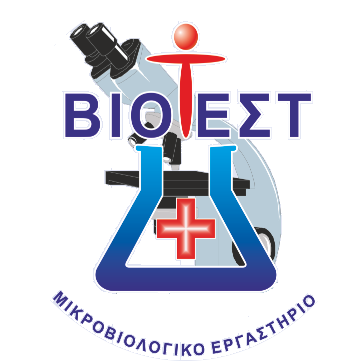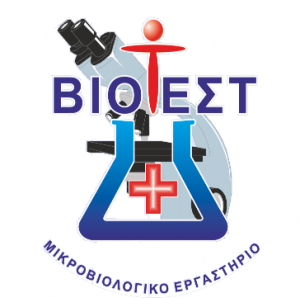Frequent Questions

Some drugs (such as salicylates, cortisone, contraceptives, diuretics, antihypertensives, antiepileptics, anxiolytics, etc.) interfere with the metabolism of certain substances or in the reaction to analysis. In general, medicines should not be taken before the blood draw but after it. Also, thyroid treatment should not be taken before the blood draw, unless your endocrinologist has recommended otherwise. If you are taking iron, you should stop 3 days before the test.
There is practically no limit. From children 1 year old to the elderly.
1-2 days before the blood draw drink plenty of water (8-10 glasses a day). Generally exercise your hands. Remember, it is better to suffer temporarily for blood tests than to be trapped in your fear, which can deprive you of valuable information about your health.
a) For general and urine culture
A sample of first morning urination is needed. First wash the outside area
genitals with warm soapy water. Rinse thoroughly and wipe dry
gently, if possible with sterile gauze. In women, urine should not
lean on the bay.
Let the first urine fall into the toilet and collect the urine from the middle
of urine flow, without interruption of urination. For urine collection,
we use the special containers they sell in pharmacies.
If you can not come to the lab within 2 hours, it would be good to put urine
in the fridge.
b) For 24-hour urine
For the collection of 24-hour urine, we procure the special container from the pharmacy.
The day we start collecting urine, we do not collect the first morning
urinate and collect all the urine of the day, all of the night and its first urination
the next day. We keep the urine in the refrigerator all this time.
If you want to do a general check-up, you should fast for 8-10 hours and eat lightly the night before (avoid fats such as cold cuts, cheese, cheese or meat, as well as alcoholic beverages). But you can drink 1-2 glasses of water before the blood draw.
Yes, you can drink. Water does not affect any test.
It depends on the exam you want to take. If it is a general blood test (check up) and mainly biochemical tests (sugar, cholesterol, triglycerides, iron, etc.), you should be fasting for 8-10 hours, so it is better to take blood in the morning. For thyroid and hormone control, cancer markers, general blood, blood type and Rhesus etc., blood sampling can be done at any time of the day and without fasting.
It is better to wash at home from the previous night with soap (not antiseptic) and lukewarm water and to avoid sexual intercourse. It is forbidden to take antibiotics before the test. If you have taken even one pill or are taking antibiotics for any other reason, tell your doctor.
If you want to have a sperm chart, you should have 3-4 days of abstinence from sexual intercourse or masturbation. After masturbation, collect the entire amount of sperm in a sterile container and transfer it to the doctor’s office no later than 30 minutes from the moment of receipt. During the winter months, we make sure that the sperm is not exposed to low temperatures during transport to the laboratory, putting it in the pocket, for example.
For sperm cultures, wash your hands and outside area with soap and lukewarm water. Rinse thoroughly and wipe lightly. Finally, it is forbidden to take antibiotics and alcoholic beverages before the test.
Cholesterol drops during ovulation and iron before and during ovulation. The cause of iron deficiency at this stage, as well as generally low iron levels during women of childbearing age, is now considered to be hormonal and not related to blood loss.
Smoking a cigarette stimulates the marrow and adrenal cortex. Glucose is increased in 10min and the increase lasts 1 hour. Growth hormone doubles in 30min. It is better not to smoke before the blood draw.
On the day of the examination the patient arrives fasting and a blood sample is taken to measure blood sugar (0΄ time). He is then given glucose powder (in gr prescribed by his doctor) dissolved in 1 glass of water. Blood can then be taken to measure blood sugar at 30΄, 60΄, 90΄, 120΄, 150΄, 180΄, 240΄, according to the order of the referring doctor.
This is because it is too late to make the clot that will close the exit point of the blood. Therefore, as soon as the needle comes out, press with the cotton vigorously for 1-2 minutes and for another minute with the handpiece. This time is longer for people taking anticoagulants.


